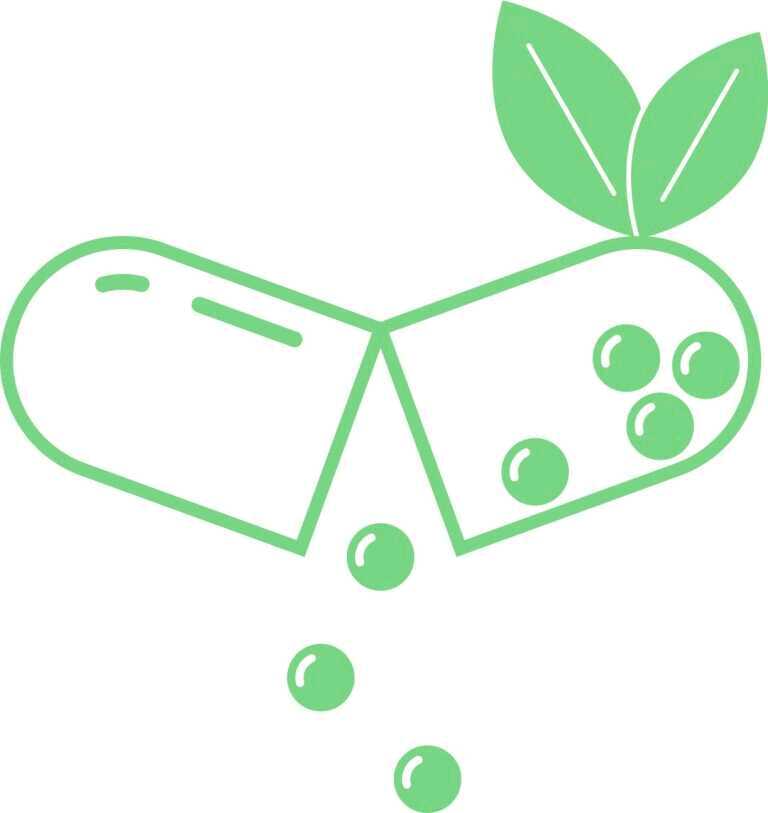
A cursory review of “supplements for diabetes” reveals a host of herbs and supplements reported to aid in diabetes management. Although it can certainly be argued that many herbs and supplements do a lot to help diabetics and provide a healthier, more natural alternative to managing your blood sugar, not all supplements are fit for diabetic consumption.
Supplements and the FDA
Supplements are not recognized as medication or sources of medical treatment, which means that they are largely unregulated. The FDA is not responsible for making sure that supplement ingredients match their labels, nor are they responsible for making sure that all claims listed on a bottle are based in fact. This means that a supplement could contain other elements and can claim to fix ailments that it does not actually fix.
Some companies that make supplements genuinely make a solid product that can help. Cinnamon, for instance, has been linked to a decrease in blood sugar levels over time. That does not mean, however, that all cinnamon capsules can be trusted, and that every manufacturer sells a product that has safe, effective ingredients.
Supplements and Medication
On the other side of the argument is the efficacy of supplements. Some supplementation regimens are incredibly effective, which makes taking insulin or other diabetes medication problematic. If you are taking supplements without first discussing them with your doctor, you run the risk of altering your body’s response to your medication, which can lead to dangerous blood glucose highs and lows.
It may seem innocuous to order some supplements online, or take a jaunt to your local health foods store and buy every supplement linked to improved diabetic symptoms, but it does have the potential to be dangerous. If every single item you purchase works as it is supposed to, you may need to cut down drastically on your insulin or your medication, or go off of them altogether. Failing to do so could create dangerous lows or spikes.
Safely Taking Supplements
To safely engage non-medication forms of treatment, you must first go over them with your doctor. Because so many men and women with diabetes are on several medications to manage different symptoms or complications, you cannot know all of the possible repercussions on your own. Some foods, herbs, and minerals have been known to interact with medication in such a way that the medication is rendered entirely useless.
Others have been known to lead to unexpected symptoms such as thinner blood or increased sensitivity to light.
As simple as they may seem, taking supplements is not to be taken lightly and should always be performed under your physicians’ supervision. Some vitamins can read toxic levels in the body, so what seems like a simple vitamin can become a literal poison.
References